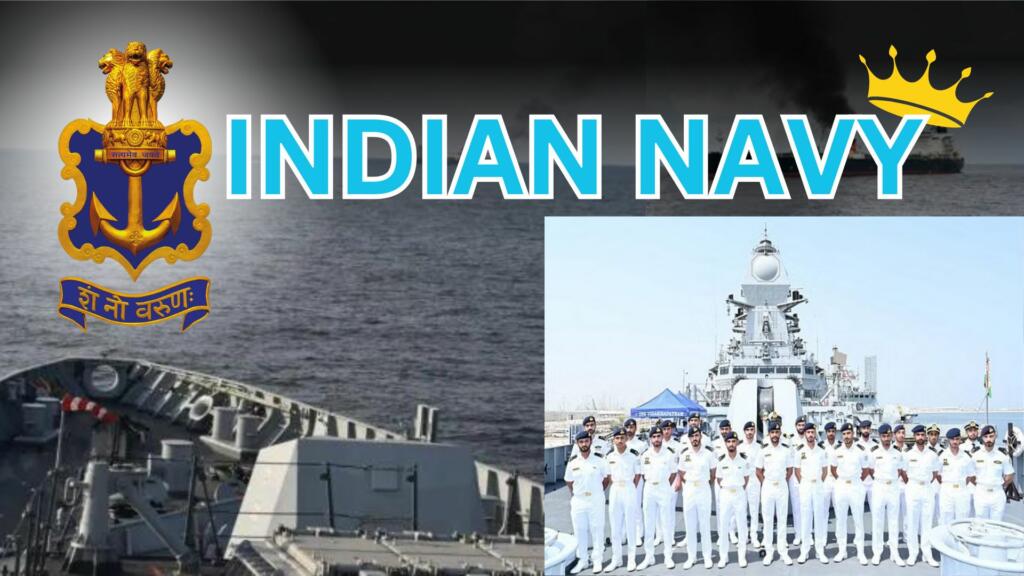In a recent maritime incident in the Gulf of Aden, the Marshall Islands-flagged oil tanker Marlin Luanda was struck by a suspected drone attack by Houthi rebels from Yemen. The Indian Navy’s timely and efficient response to the distress call has garnered international appreciation, contrasting with the lack of action from China, a notable naval power with a base in Djibouti near the incident area.
Distress Call
On January 26, 2024, the Marlin Luanda faced a critical situation when a suspected Houthi rebel drone strike in the Gulf of Aden hit it. The attack ignited a fire on board, prompting the crew to issue a distress call for immediate assistance.
India’s Swift Action
India’s naval warship, INS Visakhapatnam, quickly responded to the distress call, reaching the scene on January 27. A team of 10 Indian Navy personnel, equipped with specialized firefighting gear, boarded the Marlin Luanda to join forces with the ship’s crew in battling the flames. Within six hours, the combined efforts successfully brought the fire under control.
International Recognition
Experts and observers worldwide praised India for its prompt and effective response to the crisis. The contrast with China’s inaction, despite its naval base in Djibouti, drew significant attention.
- Europe-based Historian Martin Sauerbrey’s Perspective:
- Sauerbrey, impressed by India’s response, posted on X, stating, “India takes over. Superpower rising…Stop drooling over China.”
- British Journalist Mark Urban’s Observation:
- Urban found it “fascinating” that India, not China, took charge of the situation in the Gulf of Aden and the Red Sea.
- Foreign Affairs Expert Abhijit Iyer-Mitra’s Critique of China:
- Iyer-Mitra called out China for failing to provide security in the Arabian Sea, despite having a naval base in Djibouti.
- Recognition from UAE’s Hassan Sajwani:
- Sajwani acknowledged India’s Navy for helping extinguish the fire on the British oil tanker Marlin Luanda in the Gulf of Aden.
Chinese Inaction Raises Questions
The incident raised eyebrows as China, with its global stature and a naval base in Djibouti, did not respond to the distress call. This prompted discussions on India’s emerging maritime influence and China’s apparent reluctance to play a role in ensuring regional security.
Also Read: Why are Iran and Pakistan pounding each other?
INS Visakhapatnam’s Role
The firefighting team from INS Visakhapatnam, alongside the crew of Marlin Luanda, tirelessly worked to control the fire. The Indian Navy, in a statement, reaffirmed its commitment to the safety of merchant shipping and seafarers.
International Collaboration
While India took the lead, a US and French warship also responded to Marlin Luanda’s distress call. The US Central Command confirmed the Houthi attack, noting that one anti-ship ballistic missile struck the oil tanker.
The US Navy destroyer USS Carney, along with other coalition ships, promptly rendered assistance upon receiving the distress call. Fortunately, no injuries were reported on the Marlin Luanda.
India’s rapid and effective response to the Gulf of Aden crisis showcased its growing maritime prowess. The incident brought attention to the contrasting approaches of India and China in responding to regional challenges. As discussions continue on the geopolitical implications, it is evident that India’s commitment to ensuring maritime safety has earned the country accolades on the global stage.
